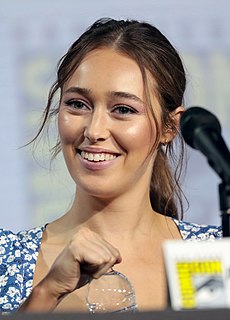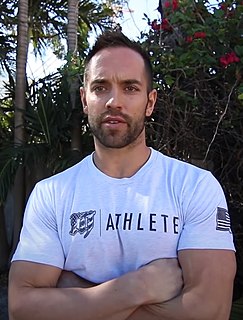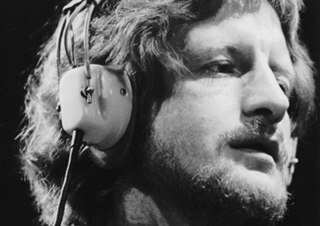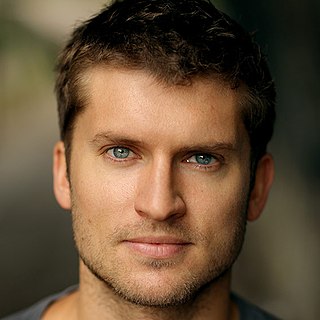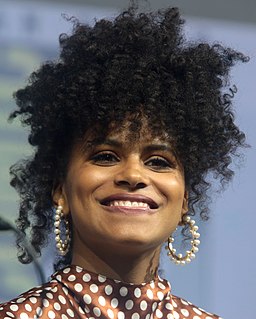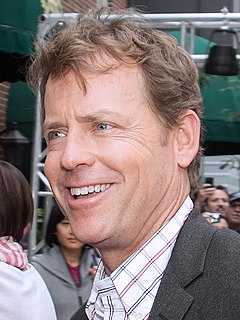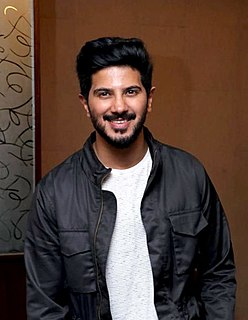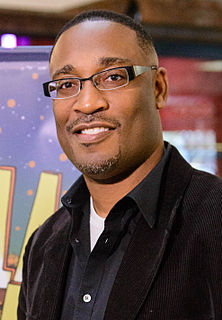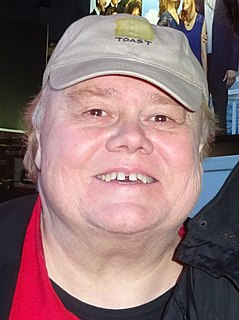A Quote by Alycia Debnam-Carey
While working in a group is great, on-set especially, it means you just don't get to see the characters one-on-one.
Related Quotes
Animators do amazing working translating and interpolating the characters [in the Planet of the apes], the facial performances. What we're creating on set - if you don't get it on the day, in the moment, on set, in front of the camera, with the director and the actors. The emotional content of the scene and the acting choices.
One of the nice things about books as opposed to television and movies to some extent is it's not a passive entertainment. People really do get involved, and they do create, and they do have their own visions of what different characters look like and what should happen. It's great - it means their brains are working.
I think at some level, it's just alchemy that we, as writers, can't explain when we write the characters. I don't set out to create the characters - they're not, to me, collections of quirks that I can put together. I discover the characters, instead. I usually go through a standard set of interview questions with the character in the beginning and ask the vital stuff: What's important to you? What do you love? Hate? Fear? .. and then I know where to start. But the characters just grow on their own, at a certain point. And start surprising me.
It's something I'd find rather distracting in a historical piece, looking at characters that have obviously just gotten off their Ab Blaster. You see a piece set in the 1300s or the 1800s, and you've got characters who have perfect abs and are incredibly well-groomed, not a hair out of place, and it just doesn't make sense.
What I crave, and what I want to see on television, is when you see a minority character, not to have it being about them being black or Asian or Latino. If you watch 'Friends,' for example, it's not about a group of people being white. It's about a group of people being friends, you know? You should just let the characters exist.
There's something in human nature, the trying-to-get-on-with-it quality of people, the struggle to maintain or keep the show going can be exhausting. It just seems like that element of trying to move forward while things are breaking down... Obviously, it's always been the backdrop for a lot of great literature and great cinematic characters, but aside from that, I'm just drawn to it because that feels honest to me.
I just felt like, you know, I read a lot of scripts out in L.A., out here in the industry and I just felt like this film was just being genuine. I just felt like it had really great characters. And all the three different characters have completely different stories and they're all kind of intertwined together thematically. So I just thought it had great characters, great themes
